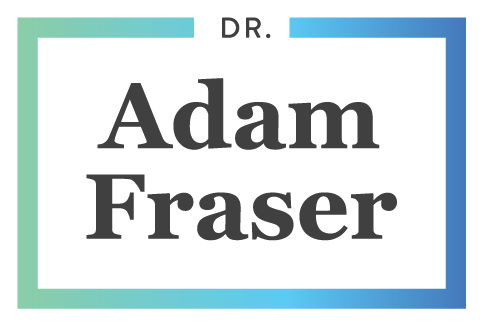Celebrating in Relationships
With Christmas being an occasion where we spend time with our loved ones I thought we would look at what the key to a great relationship is.
You only have to look at the climbing divorce rates to realise that our romantic relationships are suffering. Recently I had the pleasure of spending the day with Martin Seligman, the founder of positive psychology and the author of "Learned Optimism" and "Authentic Happiness" (basically this guy is a serious legend and one of the most respected psychologists on the planet). His view of marriage counselling was that it simply taught people how to argue better. In other words, the psychologist just shows them how to argue their point more effectively. Seligman's view is that we should not focus on the pathology (the problem) in relationships and start working on the positive side of the relationship. His theory is that if you work on the positives the pathology seems to disappear. Rather than working on what is broken, build on what is already working.
His research shows that the key to successful relationships is celebrating. Specifically, the key to a good relationship is not how you respond when they come home with a complaint, rather, how do you respond to them when they come home with a victory? We can respond to someone on two levels.
The energy you bring – which can be either active or passive.
The impact you have – constructive or destructive.
Represented another way:
Constructive
Destructive
Active Active/constructive Active/destructive
Passive Passive/constructive Passive/destructive
For example your partner comes home and announces that they got a promotion at work.
Passive/destructive – "That's good, did you manage to pick up my dry cleaning on the way home?" Obviously not good, you are not involved (passive) and that is a destructive statement.
Active/destructive - "What tax bracket will that put us in?" Once again not good, this time you are involved, meaning you are engaging in the event (active) but that is a destructive statement.
Passive/constructive – "That's great Hun, you really deserve it, well done." Even though this is a constructive thing to say, it is passive you are just praising not getting involved in what they have done. Seligman's research shows us that this statement does nothing to deepen the relationship.
What you want to aim for is active/constructive – this means getting involved in the experience, helping them relive it and analyse it and learn from it. For example "Wow that is amazing! Tell me about what happened? How did that make you feel? What does that mean for your role now? Why did you think you got the promotion? What did you do well that enabled you to get it? How can you use those skills to other parts of your life".
In effect you are helping them relive the experience and think about it deeply, taking that positivity and applying it to other parts of their life. People often make the mistake of thinking that we only bond over tragedy; we think we build relationships only when we counsel someone in bad times. However, a stronger bond is built when we help people celebrate a victory. I see this first hand in my workshops when I get people to reflect on a time when they have had FLOW (being in the zone where they are completely immersed in a task and do it successfully), the other person coaches them to describe how it felt, the emotion they experienced, why they think they achieved FLOW, how they felt afterwards. When this occurs you feel the energy in the room change, people bond and people are almost friends by the end of it.
You have to ask yourself do I help people in my personal life celebrate victory? What about at work? If you are a leader or manager do you just point out what people need to do better or do you reflect and focus on what they have done well. Do you get them to analyse it and relive it with them? With your team can you introduce WWW into your team? WWW stands for What Went Well? The cynics hear this and think it is far too fluffy and wet. However if you look at any piece of research on this and it will tell you that reflecting on success gives you optimistic thoughts and puts you in a state of positive emotion.
Conclusively we know that positive emotion and optimistic thoughts, accelerate learning, broadens attention and increases creativity. Also over our lifetime if we consistently feel positive emotion and optimistic thoughts we have better health, earn more money, have better relationships, live longer, and have a better quality of life. The best thing about WWW is that it is an addictive habit. So many of the new habits we try to install in our life are not self-perpetuating (don't build on themselves), for example cutting out junk food. This is not difficult to make routine – the more you do WWW the more you want to do it. The more you do this with your team the more they will want to do it.
Personally my wife and I started this habit at the end of the day and we are definitely noticing the benefits. Furthermore, the more we do it the more it builds on itself.
Do you "show up" ready to celebrate or criticise?
